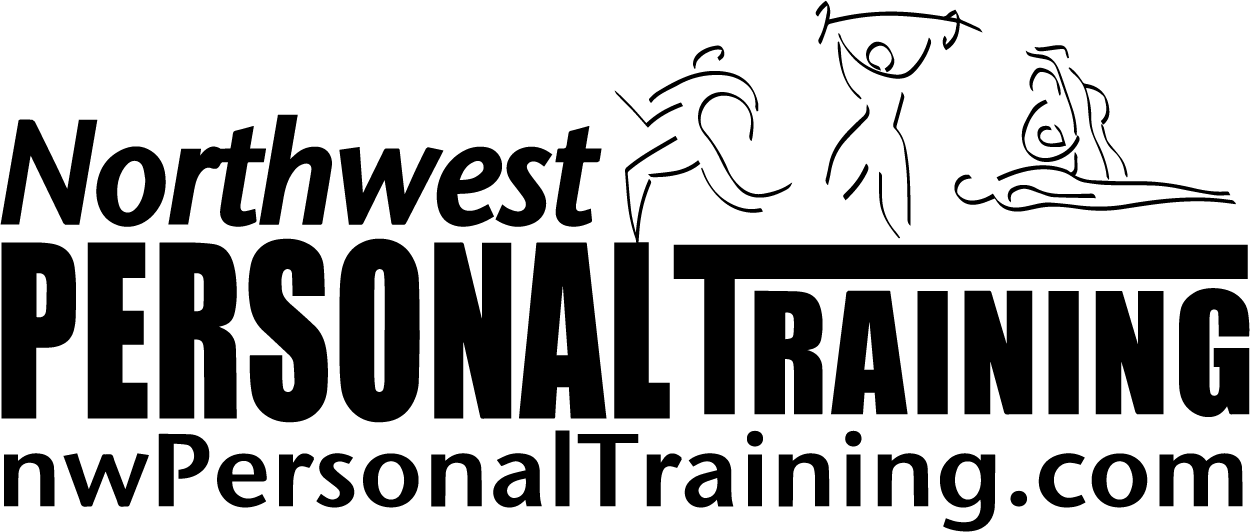Most people start an exercise program only to find themselves quitting within a couple months. Behavioral Change research is shedding light on what may be the issue for most people. It’s important to note that the method that die-hard exercisers use will likely not work for most people. They are just a different breed! Avoid thinking that you just lack discipline and self-control. If what you’ve tried in the past hasn’t worked time and time again, it’s time for a different approach.
Go Big or Go Home
Many people make the mistake of setting aggressive goals. Perhaps a New Year’s resolution, high-school reunion or wedding inspires them to start working out. They are motivated so they decide they are going to work out every day. But then life happens. They get busy with work, kids, or other responsibilities. So, they fall short of their goal and only workout four times that week. Instead of feeling like a rockstar because they did four more workouts than they did previously, instead they feel like a failure and wonder why they have no discipline to stick to their goals. It’s a self-sabotaging approach.
Behavioral change research is now discovering that it’s far better for most people to set smaller goals that are more easily achievable. Those who follow this approach are more likely to stick with their exercise goals. If you do more, it’s a bonus! So, when you’re getting started, set a goal of a couple workouts per week, and give your self-esteem and confidence a boost. This will give you the momentum to continue for the long-term!
Don’t forget to sign up under “Weekly Fitness Tips” to automatically receive my latest blog post in your inbox!
No Pain, No Gain
The old-school approach to exercise was that you needed to be working hard to see results. New research indicates that exercisers who stick with their fitness routine for the long-term enjoy the process. They don’t make it so hard that they dread the process and hate doing it. If they are working out hard, they make sure to include music, workout buddies, a podcast or something to make the process more enjoyable. Remember that if you enjoy your workouts, you will be more likely to do them consistently and consistency is what promises sustainable results!
All or Nothing
 A rigid approach to your workout routine doesn’t work for most people and causes many to stumble and quit. Instead remember that something is always better than nothing and it’s ok to be flexible.
A rigid approach to your workout routine doesn’t work for most people and causes many to stumble and quit. Instead remember that something is always better than nothing and it’s ok to be flexible.
Can’t get to the gym for the hour workout you planned? Instead, go for 30 minutes or just do a 20-minute quick workout from home.
Supposed to go to a bootcamp class, but your girlfriend calls and asks you to go on a hike and you’d rather do that? Go for it!
Scheduled for a long run but you’re just not feeling it? Yoga sounds better? Then opt for that.
As long as your new plan still falls inline with your fitness goals, having options is a healthy approach to working out for the long-term.
It’s not what you do over the next 6 weeks, 3 months or year that makes the biggest impact towards a healthy and fit lifestyle, but actually what you can commit to for your lifetime! When it comes to optimal health, think big picture and long-term and you’ll be more likely to include exercise as part of your regular lifestyle, just like brushing your teeth
Yours in health & fitness,
Sherri McMillan


